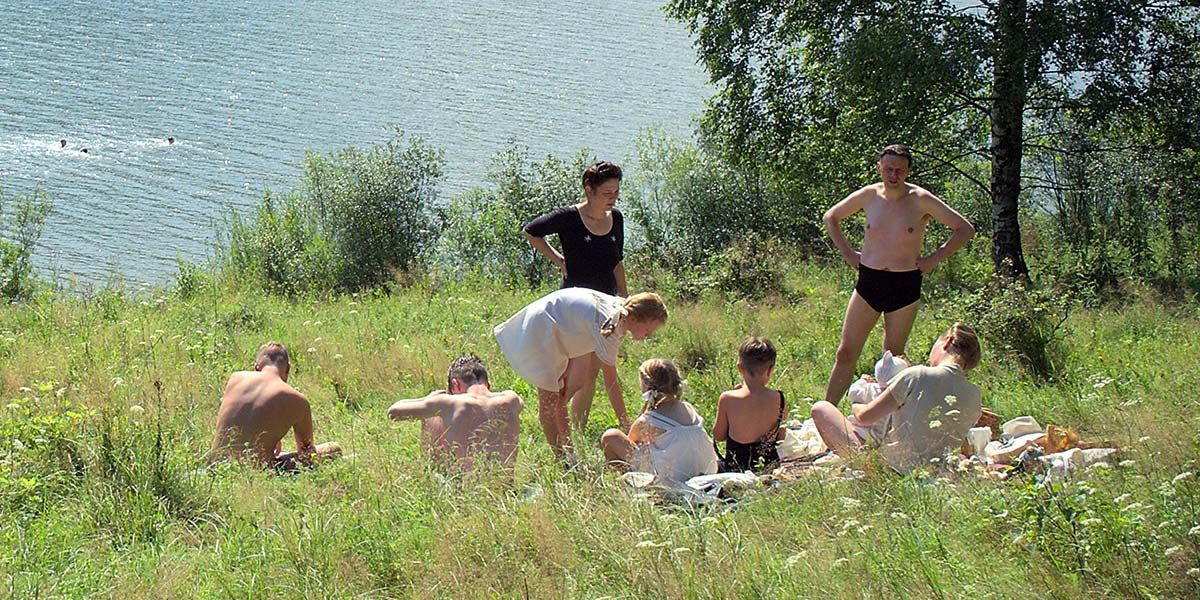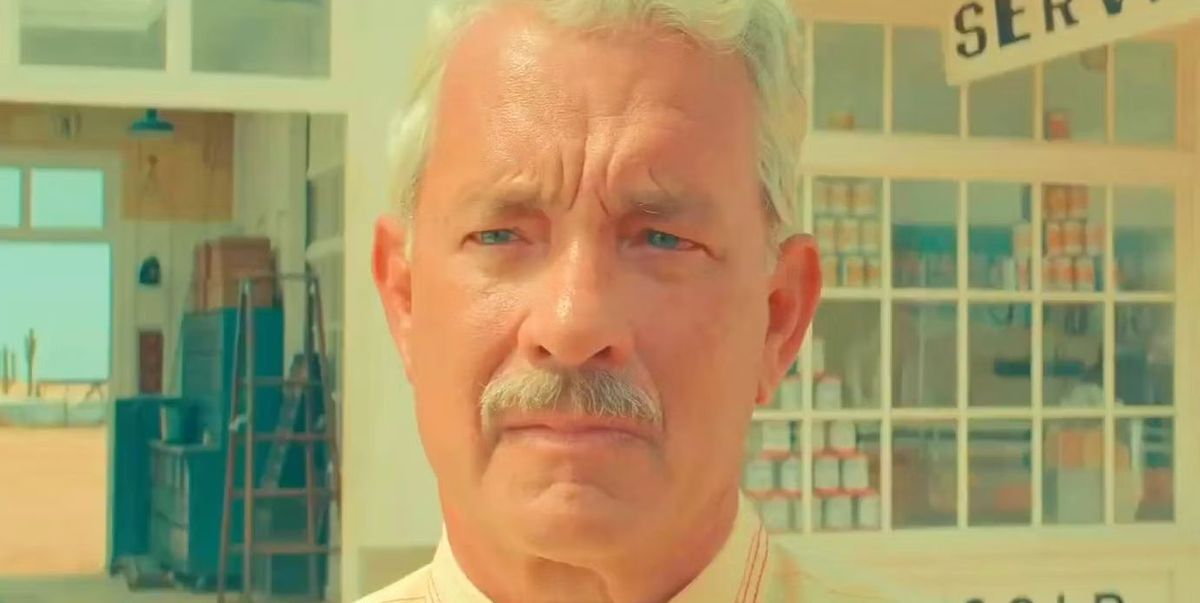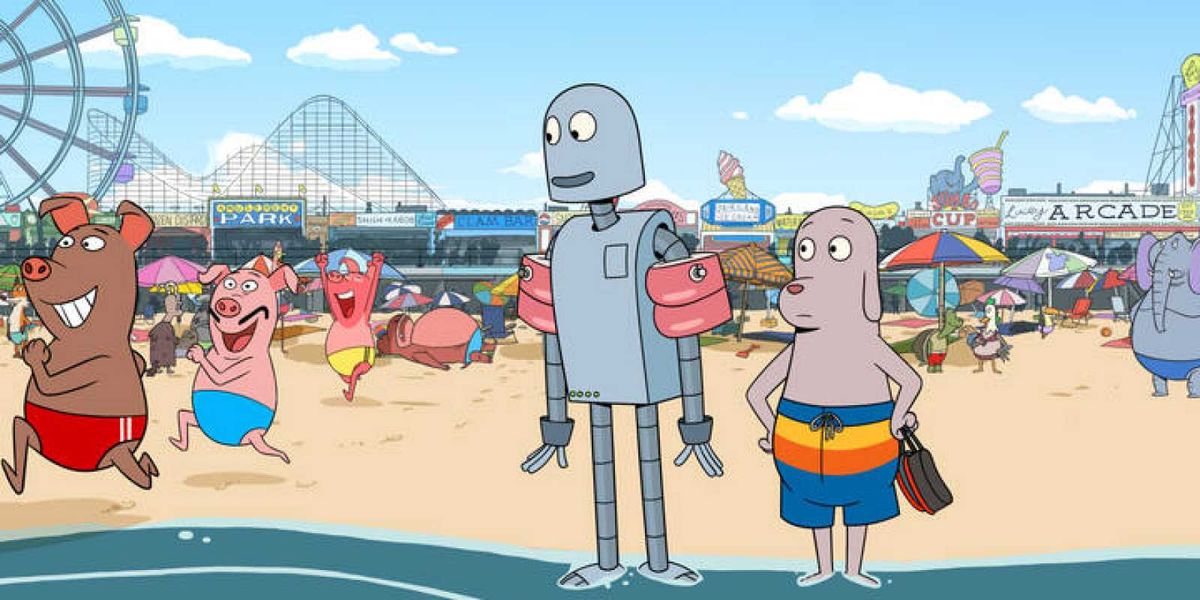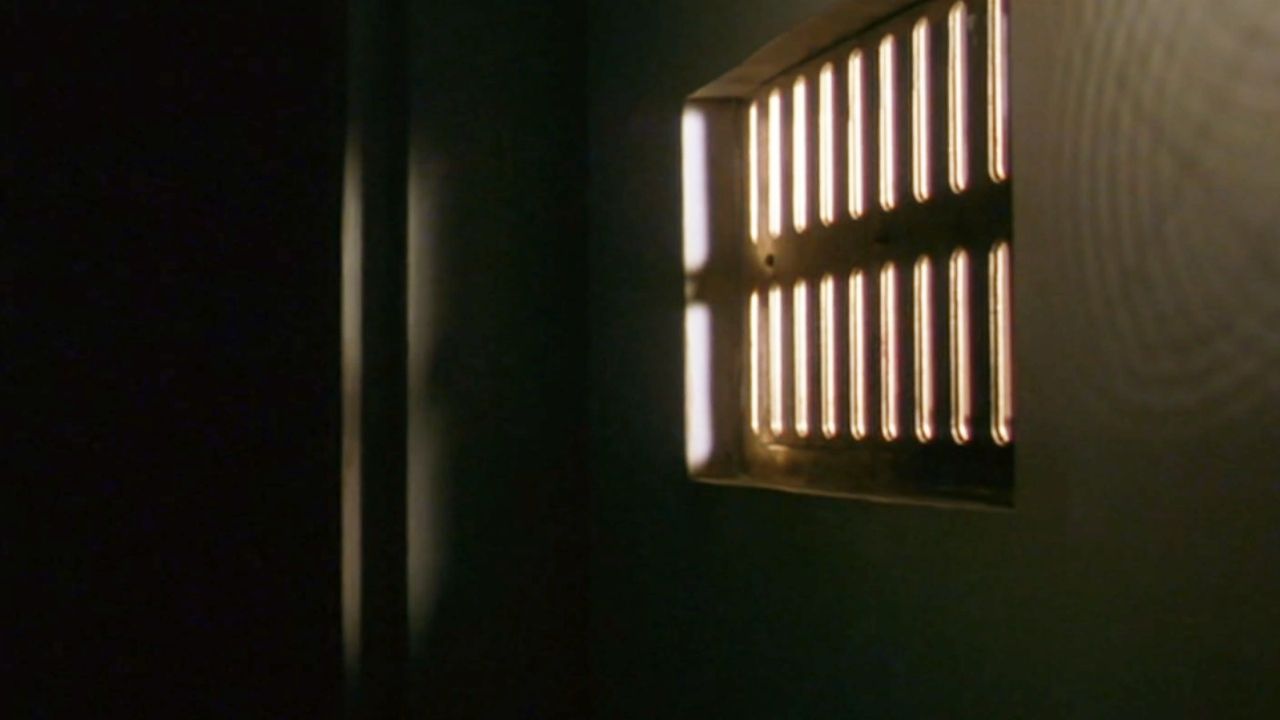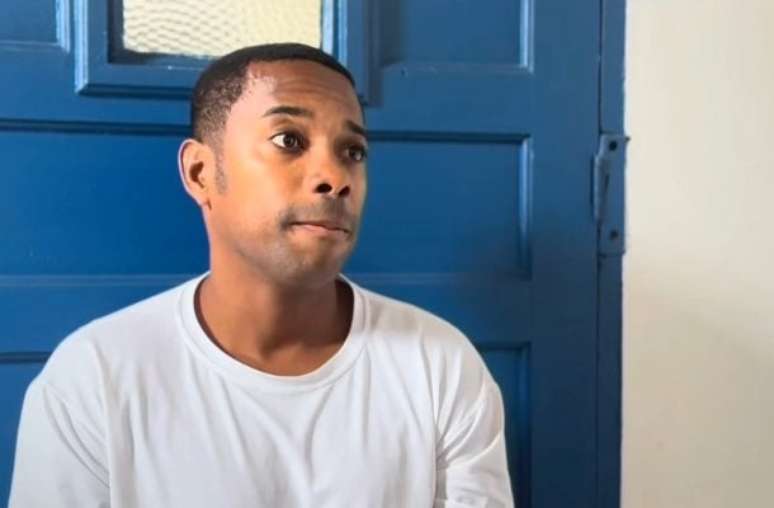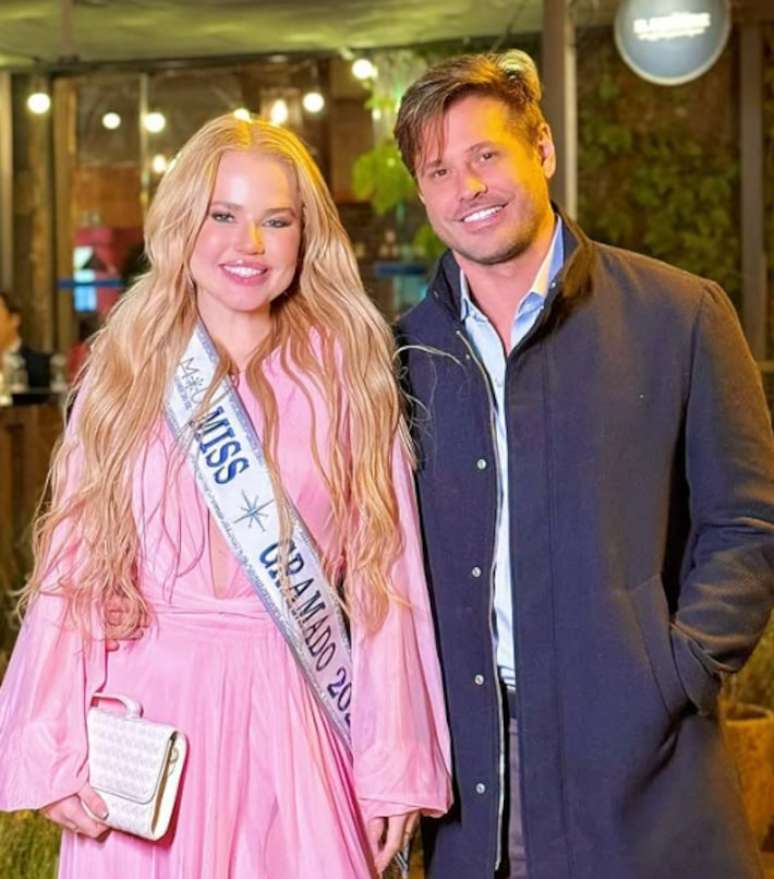The new film from the director of ‘Birth’ and ‘Under the Skin’, which portrays the family of an Auschwitz commander, is competing for the Palme d’Or at the Cannes Film Festival.
In a disturbing passage from the novel ‘The Zone of Interest’, British writer Martin Amis used the inner voice of a Nazi concentration camp commandant to synthesize the idea of the banality of evil. “Because I am a normal man with normal needs. Am completely normal”. This sinister notion of normality, accompanied by a deep process of alienation, of loss of perspective, is what the also British Jonathan Glazer dissects in the masterful ‘The Zone of Interest’, his first film since the no less memorable ‘Under the Skin’. In that science fiction film –where Scarlett Johansson played an alien who discovered the meaning of human consciousness– Glazer invented an audacious film device that allowed him to study the clash between the inexplicable (the alien odyssey) and the known (the human rituals). In scenes charged with estrangement, filmed with eight small digital cameras hidden inside a van, the viewer of ‘Under the Skin’ could see Hollywood star Johansson conversing with Scottish passers-by who were unaware they were taking part in a movie. Now, with ‘The Zone of Interest’, Glazer confirms himself as a brilliant inventor of cinematographic forms. Faced with the challenge of representing the greatest barbarism of the 20th century, the director of ‘Sexy Beast’ resorts to the aesthetics of reality television and dissects, with a surgical spirit, the daily life of a family clan devoted to the most terrifying of normalities.
It is necessary to emphasize the brilliant work of adaptation of the text of Amis that Glazer stages. Taking the perspectives of three concentration camp inhabitants – the commander, a non-commissioned officer and a sonderkommando–, the Oxford writer proposed in his novel a visceral and very sordid immersion in Nazi horror. For his part, Glazer focuses solely on the figure of the commander and his family (the non-commissioned officer, who in the novel wants to conquer the commander’s wife, only appears in a very brief scene). And still more. Whereas, in the novel, the commander, known as the Old Drinker, was presented as a drunken and irascible monster, Galzer turns him into a calm and hermetic figure. Actor Christian Friedel, with his high-pitched voice and finely plump body, gives the character an almost endearing, sensitive aura in the scenes in which he is seen taking care of his young children.
According to Glazer (and Hannah Arendt), outside of death camps, evil was swept under the rug. But how to lift them? How to portray that abject normality without falling into the grotesque, the sensationalist, the vulgar? It seems an impossible mission, almost unparalleled in the history of cinema, which in order to portray the horror of fascism has tended to wallow in horror or build grotesque allegories (the case of ‘Canino’ by Yorgos Lanthimos comes to mind). Glazer, one of the most intelligent and astute filmmakers on the current scene, finds a solution to the challenge by combining two apparently antagonistic concepts: the off-screen and the hyper-realistic portrait. Through an eerie sound construction—bolstered by Mica Levi’s screeching soundtrack—Glazer invokes the terror of Auschwitz, but his camera almost never breaks through the concentration camp wall (the only time it does is to show a close-up). officer’s blueprint). And then in front of that off unbearable, Glazer places the viewer in front of the soulless rituals of the commander’s family: outings to the river, lazy afternoons, a visit from a relative, the children’s games, the effort that the mother puts in (a restrained and ultra-precise Sandra Hüller ) in the care of its precious botanical garden…
Nothing is out of the ordinary in the Major’s family life, but the filming device Glazer builds reveals the turmoil behind the calm. Using only wide shots, almost all fixed (the only camera movements are in a straight line), ‘The Zone of Interest’ is based on the idea of surveillance. The family home appears filmed as if it were a Big Brother set. The perspectives are multiple; the shots don’t last very long because each movement of the characters invokes the arrival of an assembly cut and the appearance of a new perspective. Glazer’s camera targets can see everything, but they decide to show only “normality”, in all its hygienic and banal perfidy. The mother can only think of keeping afloat an orderly domestic reality turned into a gloomy petty-bourgeois paradise. There are some shots (the mother having breakfast or taking a bath, the commander turning off the lights in the house) that strongly refer to the famous ‘Jeanne Dielman, 23 quai du Commerce, 1080 Bruxelles’, in which Chantal Akerman dissected the everyday nothingness of a housewife in Belgium in the mid-1970s. Glazer, in a proposal that is not without risk, presents the Nazi clan as an instrument of evil, emptied of all psychology beyond conjunctural drives (“I didn’t think about who was there and who wasn’t, I could only think about how to gas them all… the ceiling was very high”, the Commander comments to his wife in a telephone call from an officer’s station).
‘The Zone of Interest’ can be seen as Glazer’s masterful response to the aberrational proposals of Steven Spielberg in ‘Shindler’s List’ and László Nemes in ‘Son of Saul’, films that plunged the viewer into the immoral well of the Holocaust through subjectivity and suspense. With the cameras devoid of his sensitivity, the British man shows that, in the Holocaust, there was no place for hope, compassion. The humanity that the victims of barbarism deserve cannot go through sentimentality, but through memory “work”, be it that of the women who keep the old concentration camps clean (who also appear in the film) or that of a filmmaker. who thinks like an artist and not like a merchant of emotions.
For those who think that cinema can be a temple of memory
The best: its bold formal proposal.
The worst: that the creative tenacity is an exception in the film scene.
DATA SHEET
Address: Jonathan Glazer Distribution: Sandra Hüller, Christian Friedel, Ralph Herforth, Max Beck, Marie Rosa Tietjen Country: United Kingdom Year: 2023 Release date: unknown Gender: Drama Script: Jonathan Glazer Duration: 105 minutes
Synopsis: Adapting the novel by Martin Amis, it tells the story of a Nazi officer who falls in love with the wife of the commandant of the Auschwitz concentration camp. The curious thing is that the story is told through three characters, the leading officer, the commander and a Jew.
Source: Fotogramas
Emily Jhon is a product and service reviewer at Gossipify, known for her honest evaluations and thorough analysis. With a background in marketing and consumer research, she offers valuable insights to readers. She has been writing for Gossipify for several years and has a degree in Marketing and Consumer Research from the University of Oxford.

